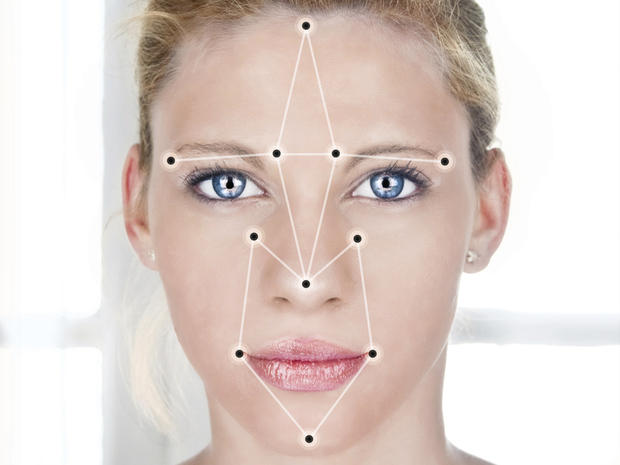
In November 2015, the Russian company NTechLab's facial recognition software beat Google and more than 90 other teams from all around the world in the University of Washington's MegaFace competition. Using deep-learning software, the company had developed an algorithm that correctly identified a celebrity face among billions of photos on a computer.
Winning the contest was "an important benchmark," said Erik Learned-Miller, Associate Professor of Computer Science University of Massachusetts, Amherst. "There are an awful lot of algorithms out there. NTechLabs is doing better than Google, better than Facebook."
And, indeed, the Russian startup has been wildly popular, just passing 600,000 registrations, and 3 million searches on its FindFace app.
By scanning just a single photo, FindFace, NTechLab's "dating service app," can accurately identify a person in the Russian social network database of more than 250 million photos, in less than half a second, co-founders Artem Kukharenko and Alexander Kabakov said. FindFace can help people find friends online, even using older photos, and can also be a tool to prevent catfishing.
The NTechLab founders said they see many applications for the FindFace app, including:
- Security: ID checks at e-gates, real-time criminal searches using video surveillance
- Retail solutions: displaying targeted advertising to in-store customers and identifying repeat customers
- Dating services: search-by-photo offers people the chance to find someone to date that matches the appearance of a photo
Beyond these applications, the company also sees an opportunity to work with the government. "The Moscow government was really impressed by the current capabilities of NTechLab's face recognition algorithms," said Kukharenko. The startup founders said they plan to use their technology to help the government "discover and identity people who commit crimes in sight of the city's 150,000 CCTV cameras."
NTechLab also plans to unveil a cloud-based face recognition platform this summer, which will allow companies to use NTechLab's facial recognition algorithm.
SEE: China developing ATM with face recognition (ZDNet)
But despite NTechLab's victory, there are reasons to be cautious about overhyping the company's win. Finding celebrity images, said Learned-Miller, is easier than finding normal people in photos. Also, "the speed is not that interesting," he said. "The algorithm does a lot of the work ahead of time. It grabs a face, runs it through a neural network, gets features, makes measurements, and pulls the result."
Still, Learned-Miller is impressed with NTechLab's performance. He has run his own face recognition test for the last eight years, which he said was, until recently, considered one of the best platforms. "Everybody who thought they had a great face recognizer sent it to me," he said.
And while NTechLab claims to have developed "the world's best" facial recognition platform, not all AI experts are convinced that the tech giants lack the capability to be at the top.
"Both Facebook and Google have considered adding similar functionality to their social networks," said Roman Yampolskiy, director of the Cybersecurity lab at the University of Louisville. "But they decided against it because of obvious disastrous implications for user privacy."
SEE: Facelock: Familiar faces could replace password recognition (ZDNet)
For example, a Russian artist drew a lot of attention for shooting photos of people on a subway and using the FindFace app to identify the people. "That's exactly the scenario people don't want to happen," said Learned-Miller.
NTechLab founders said they are "working on a solution to make sure that our technology is used only for good purposes."
Still, Learned-Miller said, "There's definitely a creepy factor."
Indeed, Facebook is "more worried about perceptions at the moment. They're thinking about the implications of these things, whereas a startup doesn't have much to lose," he said. "As long as they don't do something illegal, NTechLab has nothing to lose."
Still, despite worries about how the tool is used, "it is only a question of time before such tracking of users becomes commonplace," said Yampolskiy.
Also see...
- Facedetect: Free face detection software (TechRepublic)
- Convolutional Neural Network for Face Recognition with Pose and Illumination Variation (TechRepublic)
- How to bypass your Android security lock with your face (TechRepublic)
- Google's real purpose for Tango: One-up Apple's fingerprint with 3D face unlock (TechRepublic)
- China develops facial recognition payment system with near-perfect accuracy (ZDNet)
Disclosure
Hope Reese has nothing to disclose. She doesn't hold investments in the technology companies she covers.
Full Bio
Hope Reese is a Staff Writer for TechRepublic. She covers the intersection of technology and society, examining the people and ideas that transform how we live today.





